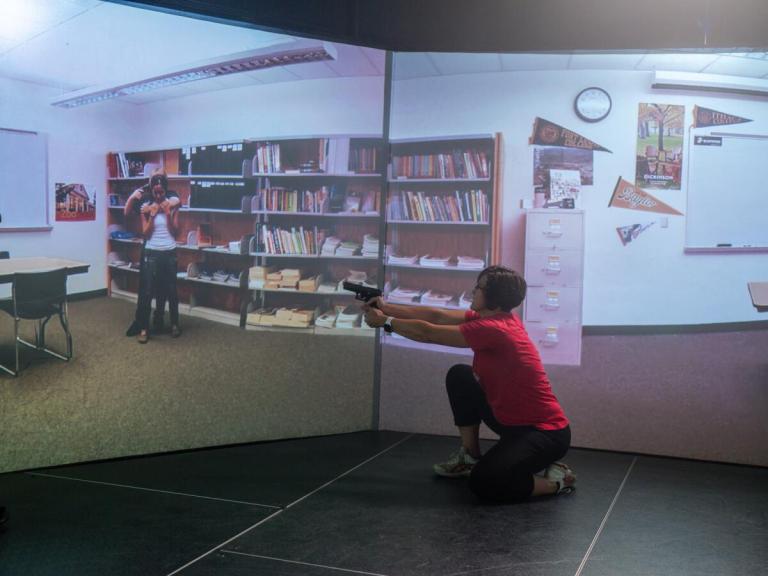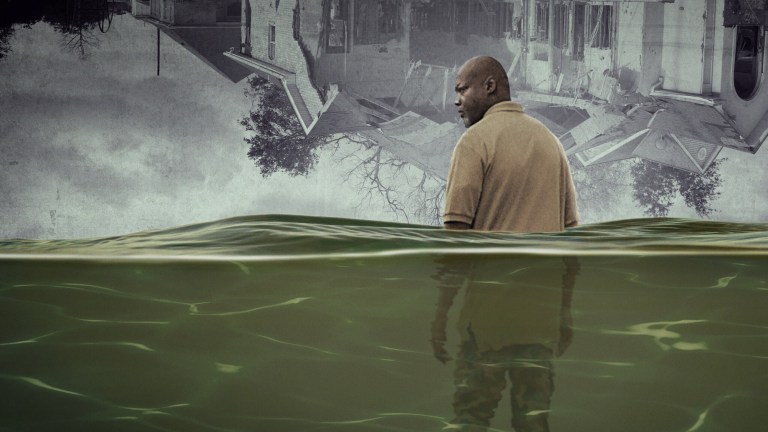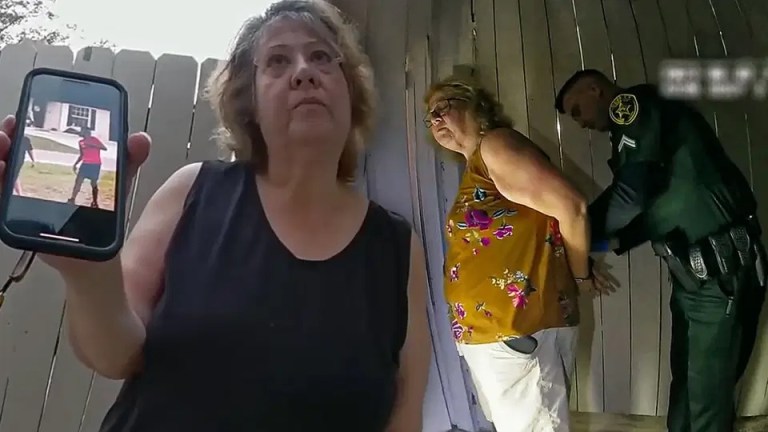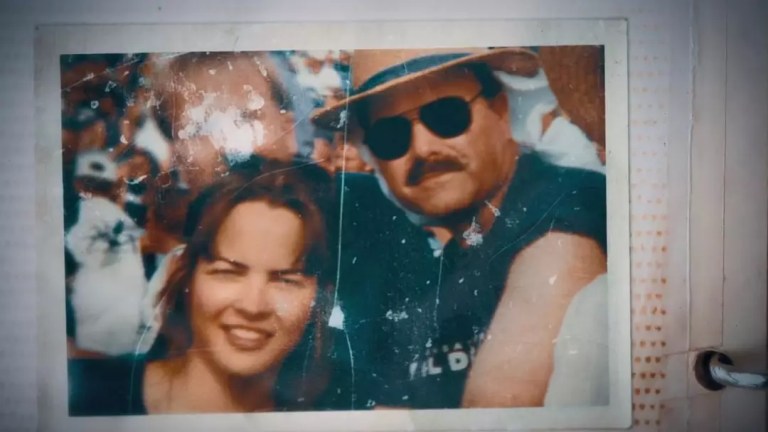
9 Powerful Documentaries That Go Inside the Story of 9/11
By ![]() Mishal Zafar
Mishal Zafar
September 11, 2001, changed everything. More than twenty years later, filmmakers continue wrestling with how to tell this story. Some focus on the politics, others on personal trauma. A few dig into conspiracy theories. The best documentaries about 9/11 don’t just replay footage we’ve all seen — they find new angles, uncover fresh details, or help us understand what happened that day and what came after.
9/11: Inside the President’s War Room (Apple TV+)
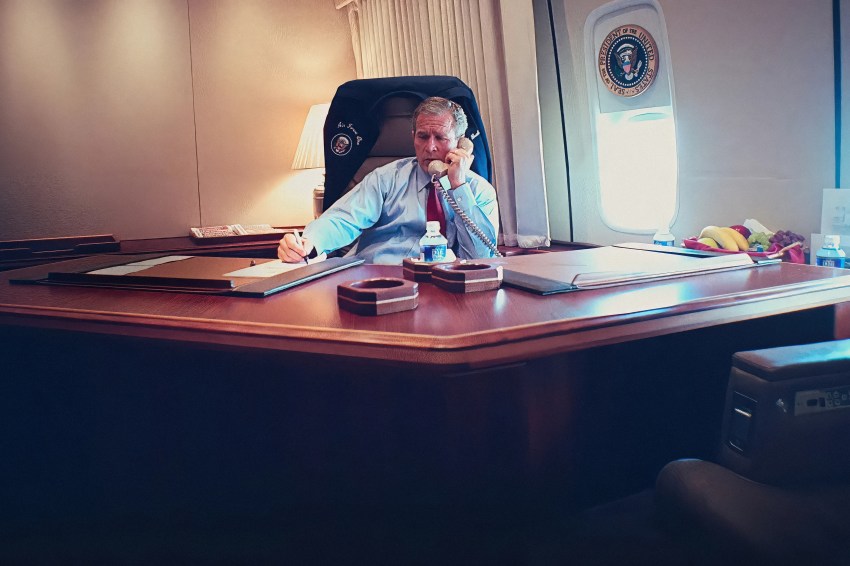
Ever wonder what George W. Bush was actually thinking when those planes hit? This documentary gets closer to answering that question than anything else out there. The filmmakers somehow convinced Bush and his entire senior staff to sit down for lengthy interviews, and the result feels remarkable — like watching history happen in slow motion from the most powerful room in America.
The footage they uncovered is incredible. Air Force One communications, White House security camera feeds, and material that’s been classified for decades. Watching Dick Cheney describe the impossible decisions they faced that morning carries real weight when you can see his expression as he recounts it. Sometimes the most powerful moments are the quiet ones — Bush staring out a window, not knowing if more attacks were coming.
102 Minutes That Changed America (History Vault)
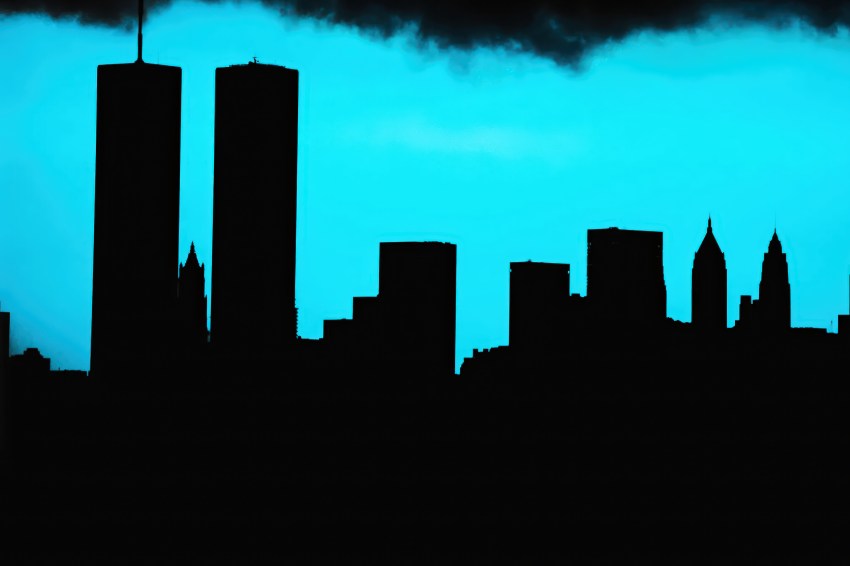
The documentary is intensely raw. No narrator, no expert talking heads, just footage from people who happened to be filming that morning. Construction workers, tourists, and office employees — all capturing history without realizing it.
The genius here is the editing. Multiple camera angles of the second plane hitting, phone calls from people trapped in elevators, and random pedestrians trying to make sense of what they’re witnessing. It’s chaotic, but the editors found a way to make it coherent. You’ll find yourself checking your phone during the quieter moments, then suddenly something happens that makes you forget you’re watching a documentary at all.
Turning Point: 9/11 and the War on Terror (Netflix)
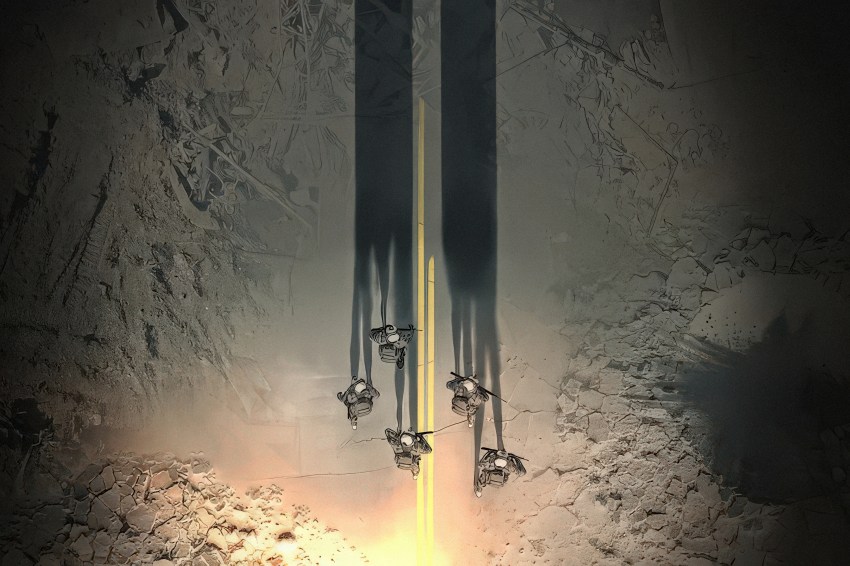
Netflix went big with this five-part series, and mostly it pays off. The scope is massive — they start with the Soviet invasion of Afghanistan in the 1980s and trace a direct line to the towers falling. Some episodes work better than others, but when it clicks, you get those moments where everything suddenly makes sense.
The Afghanistan material is particularly strong. Lots of footage most people haven’t seen, interviews with former CIA operatives who actually knew bin Laden personally. At five hours total, it’s a commitment, but worth it if you want the full picture.
9/11: One Day in America (Hulu)
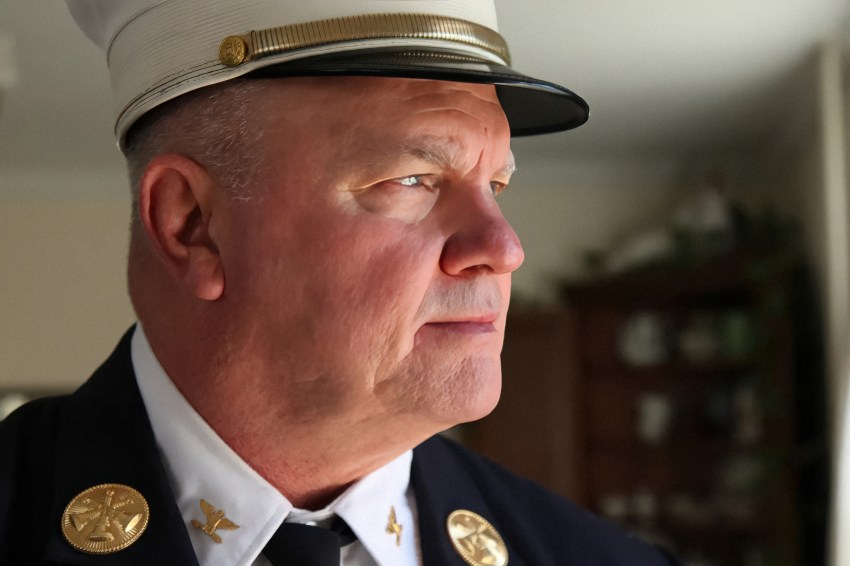
National Geographic’s approach here is all about the human stories. Six episodes, each one focusing on different people who lived through that day. First responders, office workers, people who escaped the towers, families who lost loved ones.
What makes this series special is how it handles trauma. The interviews are incredibly personal — people breaking down on camera, sharing details they’ve never talked about publicly. But it never feels exploitative. The archival footage is seamlessly woven in, so you’re not just hearing someone describe running down a stairwell; you’re actually seeing it happen. Episode three, about the Pentagon attack, covers ground that most documentaries skip.
NYC Epicenters 9/11→2021½ (HBO Max)
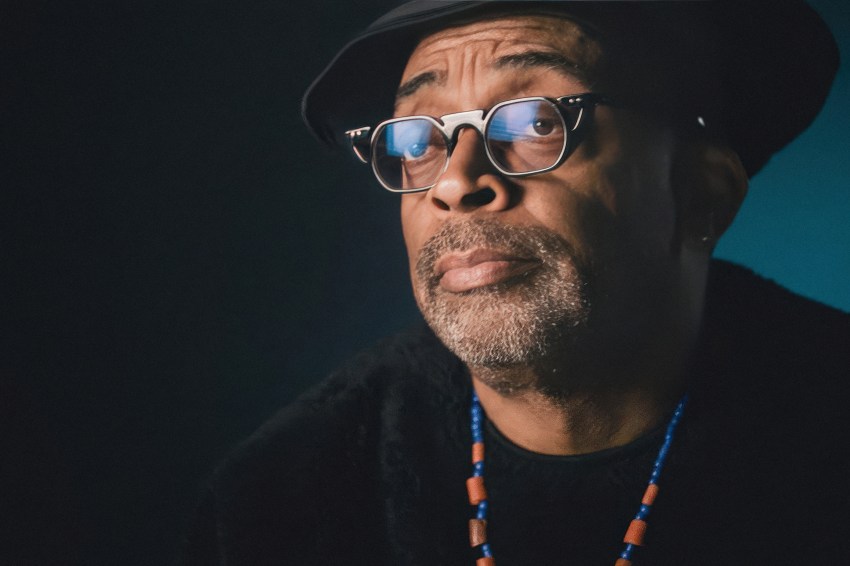
Spike Lee doing a 9/11 documentary was always going to be controversial, and he doesn’t disappoint. Four episodes that connect September 11th to Hurricane Sandy, COVID-19, and the broader story of New York City’s resilience.
Lee’s style is all over this — jump cuts, music choices that make you uncomfortable, interviews that go on longer than they should. It works, though. The COVID connections feel forced at times, but when he focuses on how 9/11 changed specific neighborhoods, it’s brilliant. The Chinatown episode alone justifies the whole series. Some of Lee’s editorial choices sparked debates when this came out, particularly around conspiracy theories. But that’s kind of the point.
In the Shadow of the Towers: Stuyvesant High on 9/11 (HBO Max)
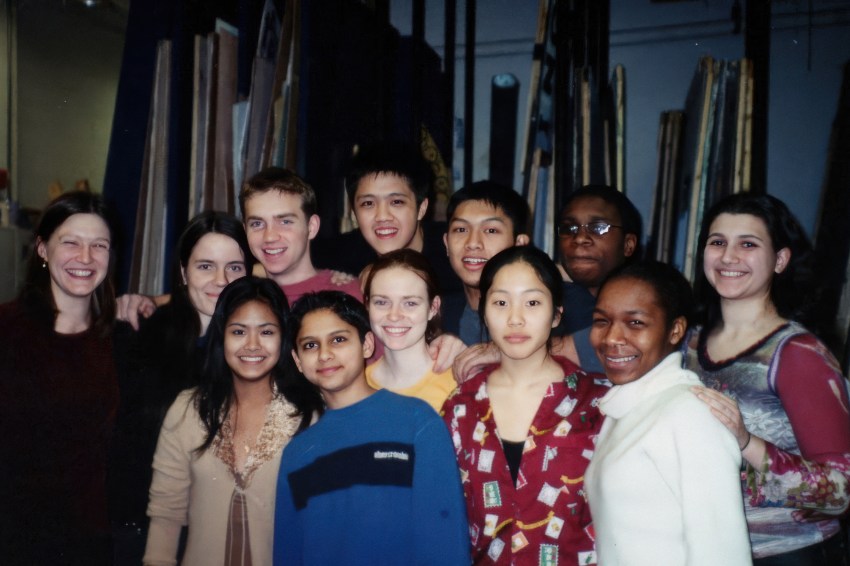
The documentary carries unusual emotional weight because it focuses on teenagers. Stuyvesant High School was four blocks from the World Trade Center, and when the planes hit, students and teachers watched from their classroom windows.
The interviews with former students, now adults, are devastating. These were 14, 15, and 16-year-olds trying to process something that traumatized grown adults. Some of them lost parents that day. Others had friends who did. The documentary follows several students through that morning and the years that followed. It’s only 90 minutes, but it packs more emotional weight than documentaries twice as long. The footage from inside the school that morning is surreal — teenagers filming with early digital cameras while ash falls outside their windows.
Fahrenheit 9/11 (Peacock)
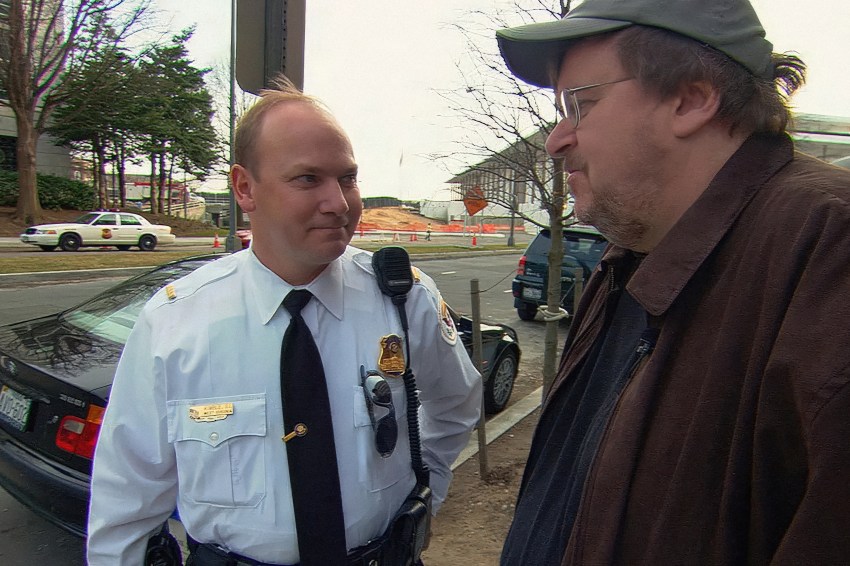
Michael Moore’s take on 9/11 and the Bush administration’s response broke box office records and sparked massive political fights. Love him or hate him, Moore knows how to make a point. The film spends less time on the attacks themselves and more on what happened next — the Patriot Act, the invasion of Iraq, the climate of fear that followed.
Moore’s style is aggressive, sometimes unfair, but undeniably effective. The sequence where he reads the Patriot Act to members of Congress who admit they never read it remains one of his best moments. This documentary aged interestingly. Some of Moore’s predictions proved right, others didn’t. But as a time capsule of how the left viewed the Bush administration in 2004, it’s an essential watch.
The Looming Tower (Hulu)
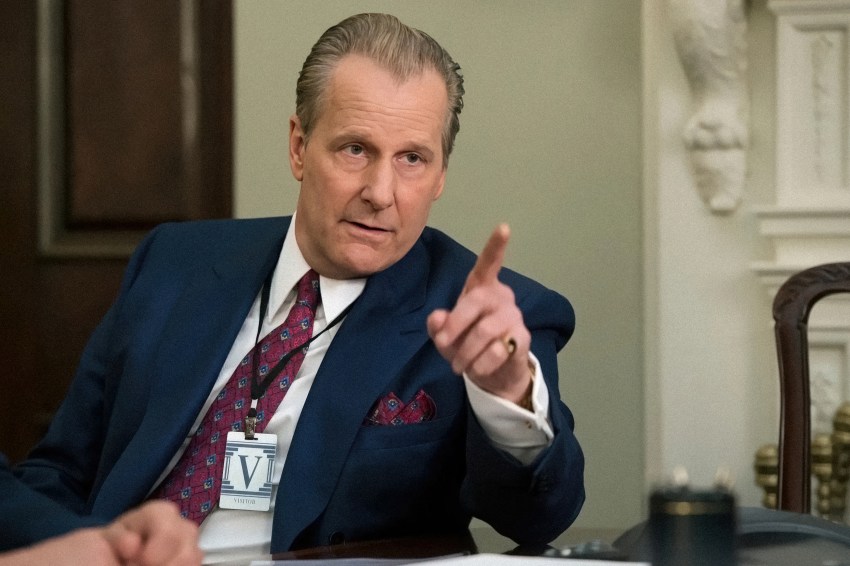
Technically, this is a dramatization, not a documentary, but it’s based on Lawrence Wright’s Pulitzer Prize-winning investigation into the intelligence failures before 9/11. The series focuses on the FBI-CIA rivalry that prevented the agencies from sharing crucial information.
Jeff Daniels and Tahar Rahim anchor the cast as FBI and CIA agents who should have been working together but spent more time fighting each other. The show takes some dramatic liberties, but the core facts are solid. Wright spent years interviewing the real people, and it shows. If you want to understand how 9/11 could have been prevented, this is required viewing. Just remember it’s telling a story, not presenting evidence.
The 9/11 Files (TCN, YouTube)
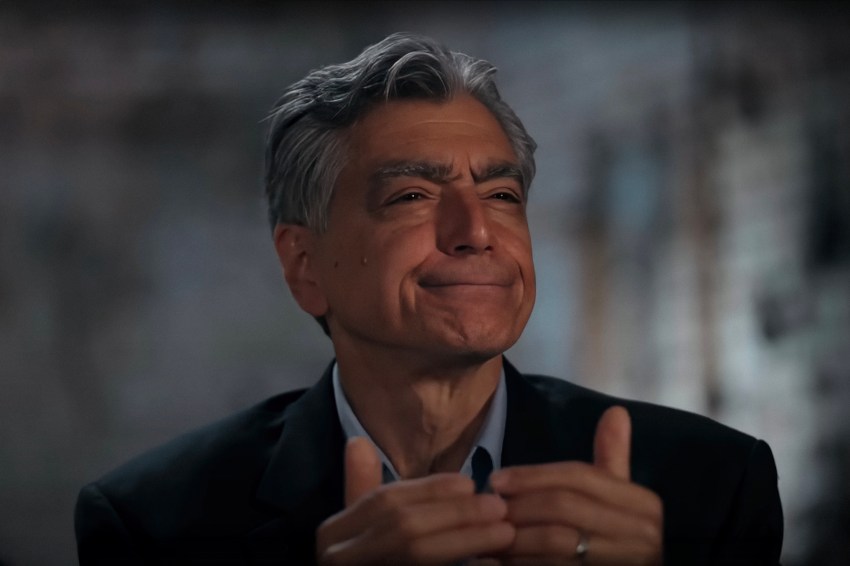
The newest entry on this list, and easily the most controversial. Tucker Carlson’s documentary raises questions about the official 9/11 narrative and features interviews with federal agents, politicians, and eyewitnesses who claim the government hasn’t told the whole truth. It presents arguments suggesting a covert CIA operation gone wrong and features testimony that provides new evidence and alternative perspectives on the events leading up to the attacks.
